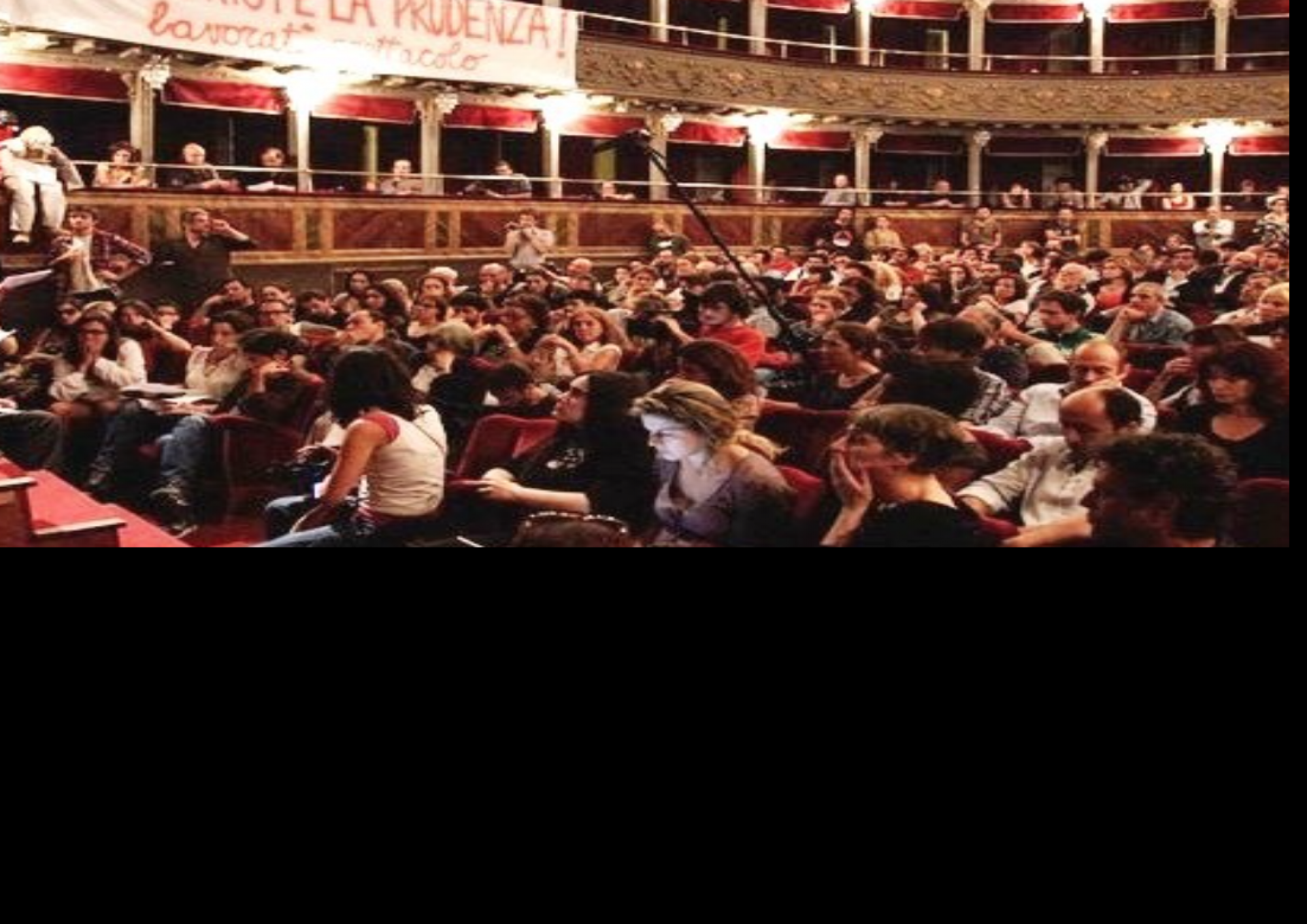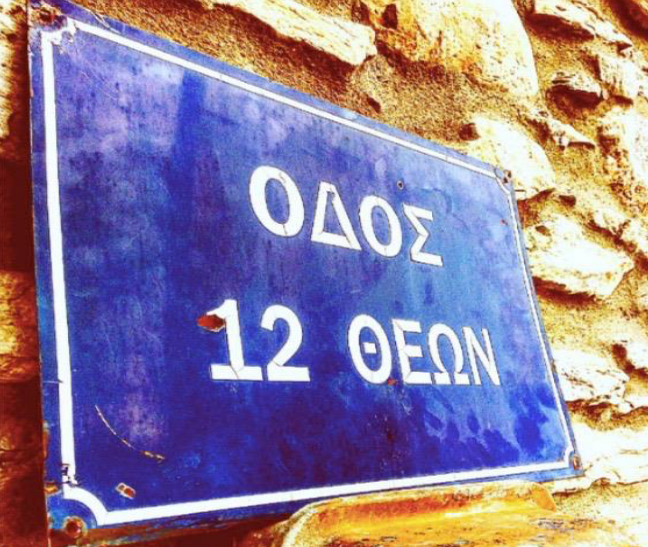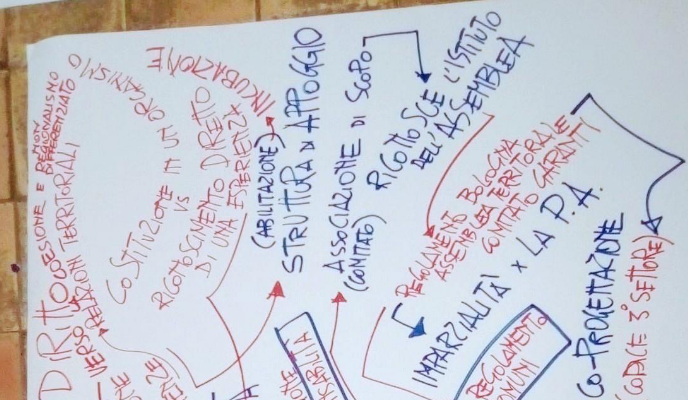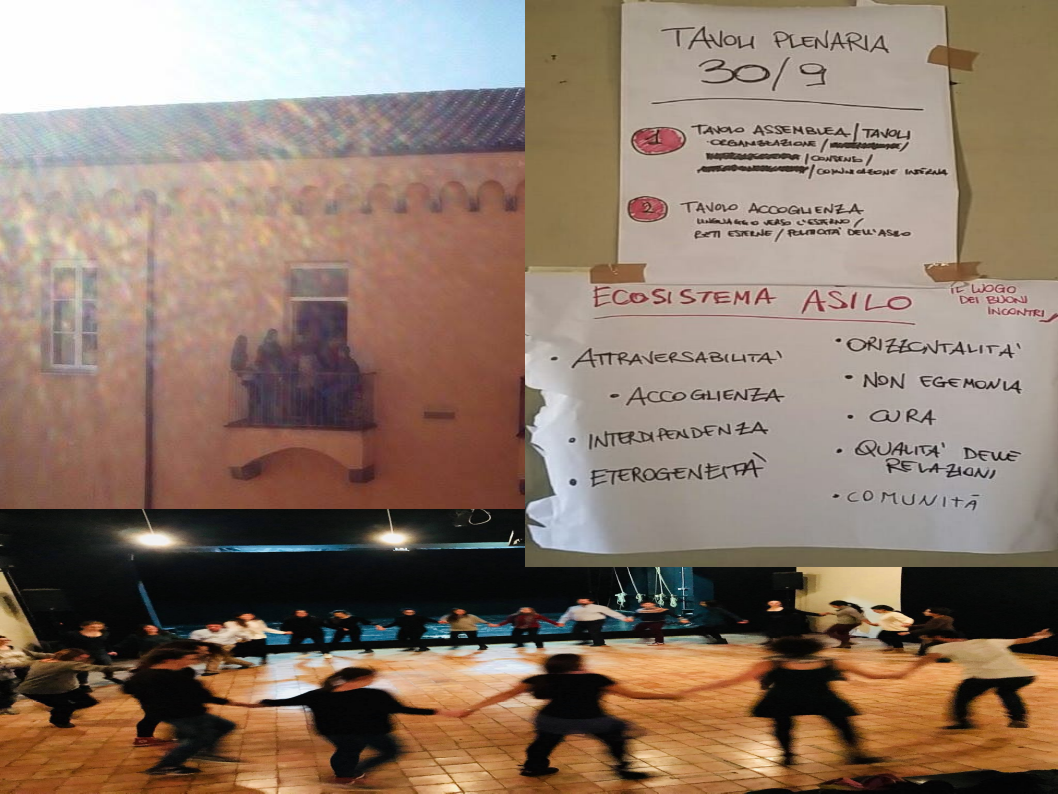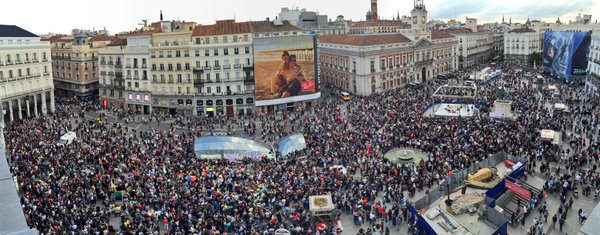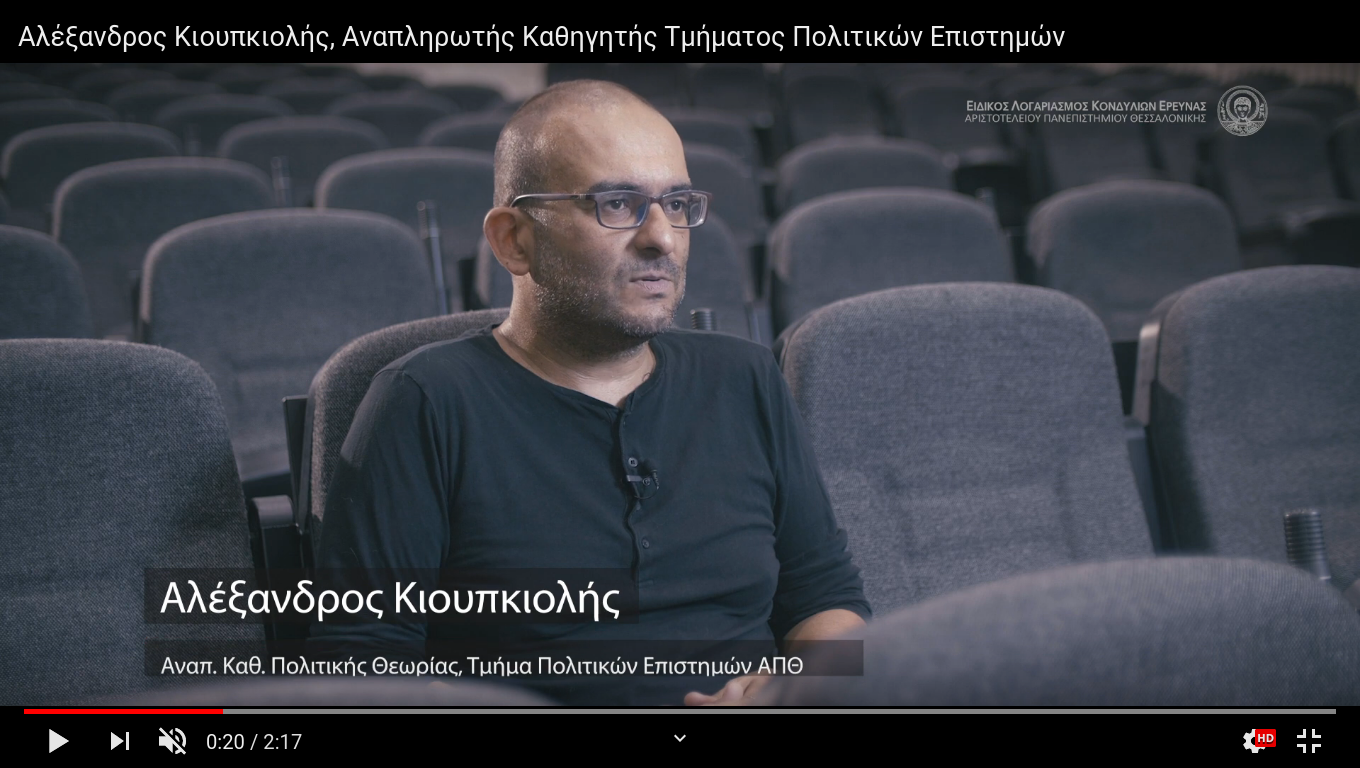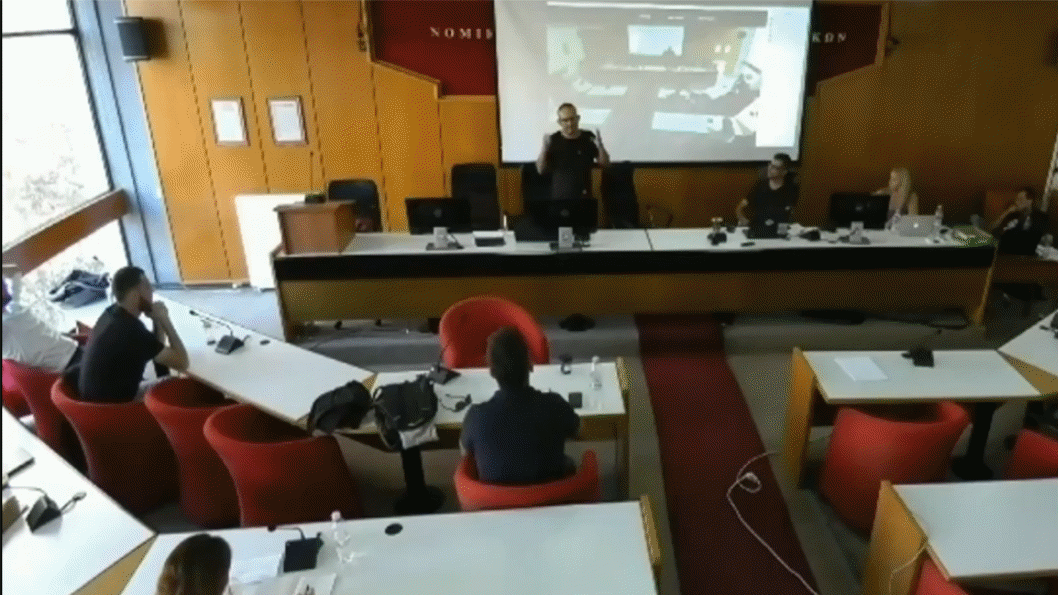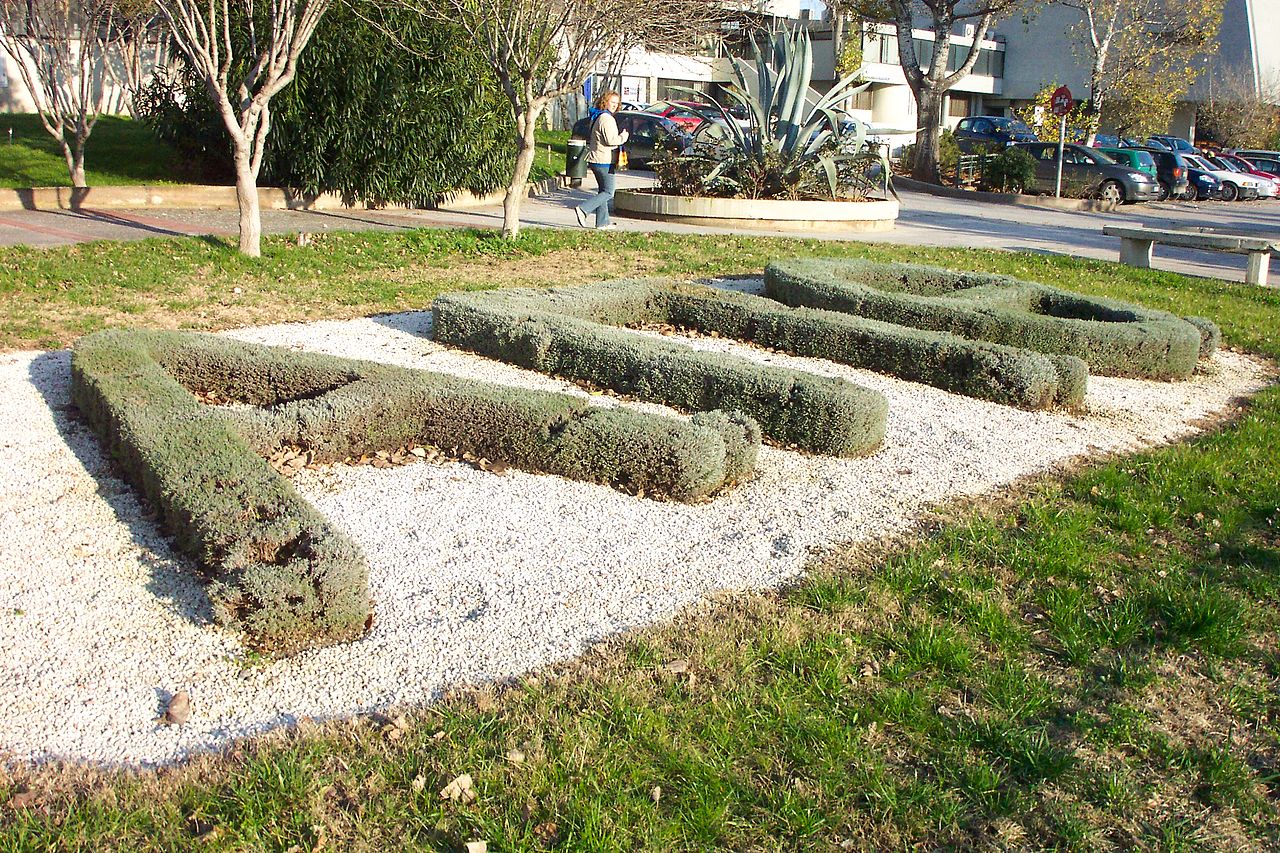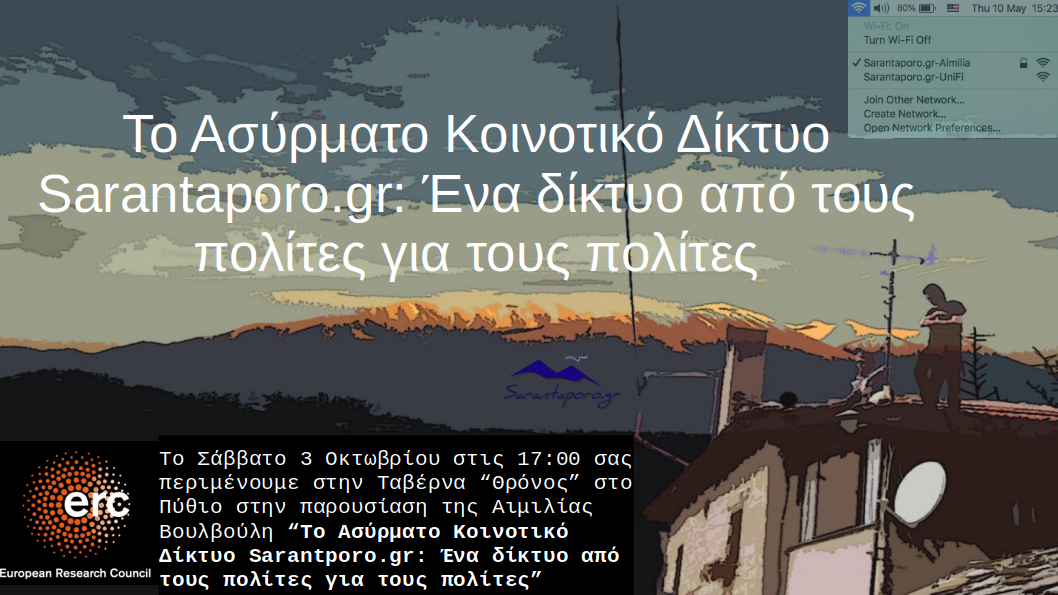In Report 2. The Common, Alexandros Kioupkiolis peruses the various strands of contemporary research and thought on the commons, or the political principle of the ‘common.’ Its aim is to elucidate how late modern theories and practices of the common(s) can inspire and energize new modes of thinking and practicing democratic politics, economy and culture, which further collective empowerment and respond to the political, socio-economic, civilizational and ecological crises of our times. The commons, that is, collective goods and aspects of social life which are produced, governed and shared in common, are critically considered in terms of their effective contribution to reimagining and refiguring democratic politics today. The object of the present report is, thus, to probe and to lay out how the commons in their diversity (environmental, cultural, technological etc.) stage an actually existing alternative to the ruling regimes of politics, economy and culture but, also, how they can provide a motor of historical transformation, which could usher in a society of ampler freedom, equality, solidarity, reciprocity, openness, diversity and care for earth.
